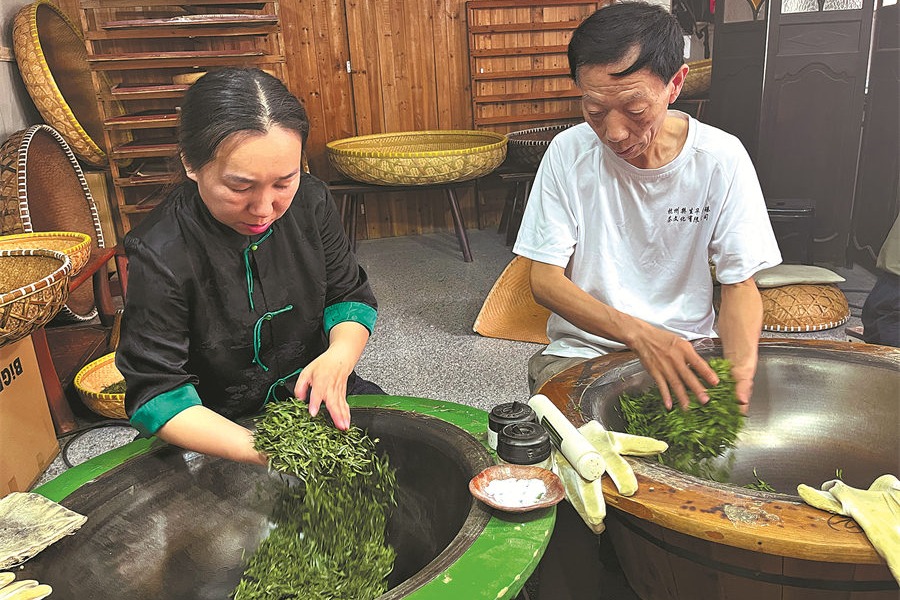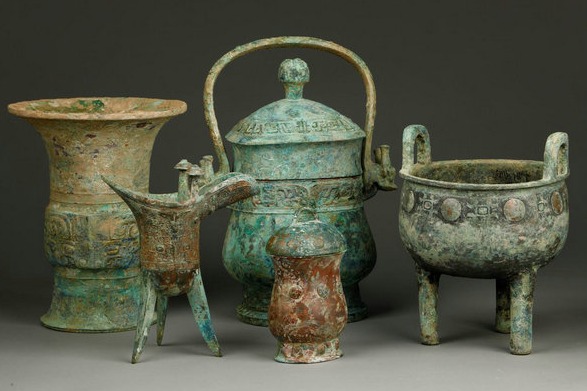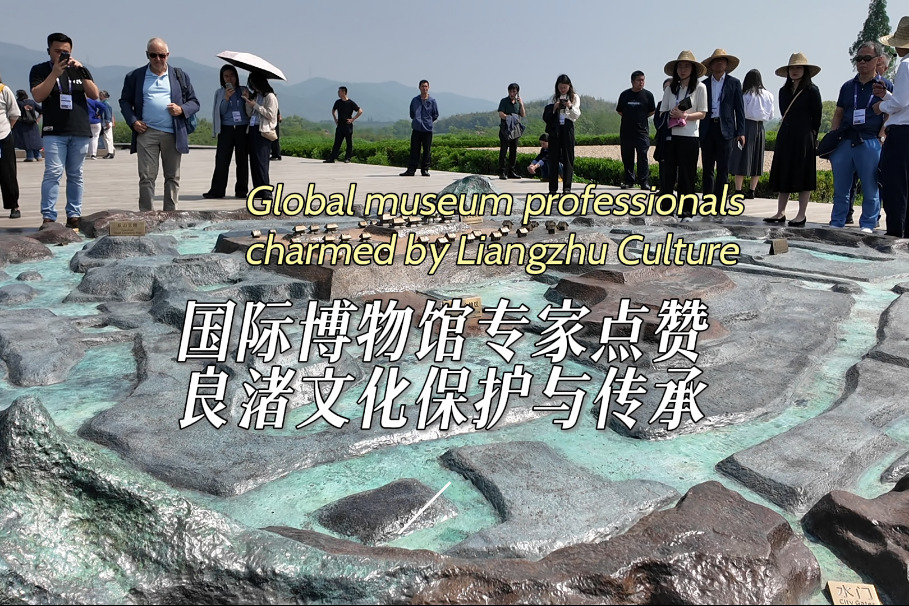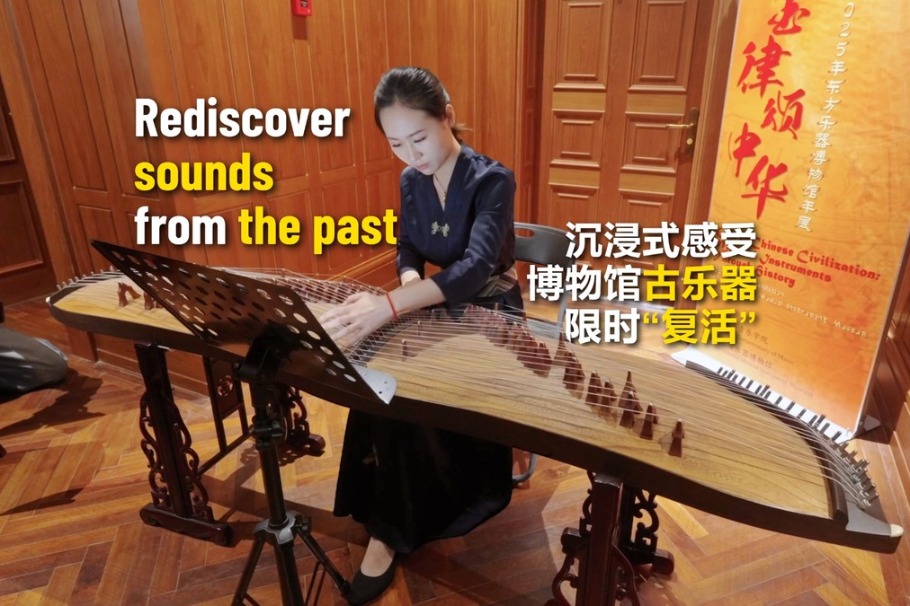UN celebrates Chinese Language Day with immersive experience


UNITED NATIONS — The United Nations marked its 16th Chinese Language Day on April 15 at its New York headquarters, offering an immersive cultural experience that blended Chinese poetry and music.
This year's event Poetic China: Rhymes and Romance featured Chinese poetry readings, musical performances and an exhibition on Chinese characters. More than 400 UN diplomats, staff and international guests attended.
The event showcased a performance by UN singers who, dressed in traditional costumes, sang the iconic Chinese folk song Jasmine. Additionally, UN staff and diplomats read excerpts from classic Chinese texts, including Shijing (Book of Songs) and I Ching (Book of Changes), and a poem by Chinese artificial intelligence company DeepSeek that explores the Chinese language's lyrical beauty.
Zach Danz, a UN staff member and one of the performers, began learning Chinese a decade ago while studying theater at a university in Shanghai. Though he acknowledges the challenges of mastering the language, Danz expresses how enriching exploring Chinese culture is.
During the opening ceremony, Fu Cong, China's permanent representative to the UN, remarked that poetry is deeply embedded in the souls of Chinese people. He noted that classical Chinese poetry, which dates back over 3,000 years, marks the beginning of a rich literary tradition.
Fu highlighted that "Chinese is stepping ever more confidently onto the world stage, becoming a bridge that crosses cultures, fosters understanding, and helps forge a consensus".
He further emphasized that the event is "more than just one language" but "a celebration of dialogue among civilizations". It is something that is needed more today than ever, he says.
The UN's Language Days were introduced in 2010 to promote multilingualism and cultural diversity and ensure the equal use of the six official UN languages: Arabic, Chinese, English, French, Russian and Spanish.
Chinese Language Day is designated on April 20, around Grain Rain (gu yu), the sixth of "24 solar terms" in the traditional Chinese lunisolar calendar. This date honors Cangjie, the legendary figure believed to have invented Chinese characters.





































